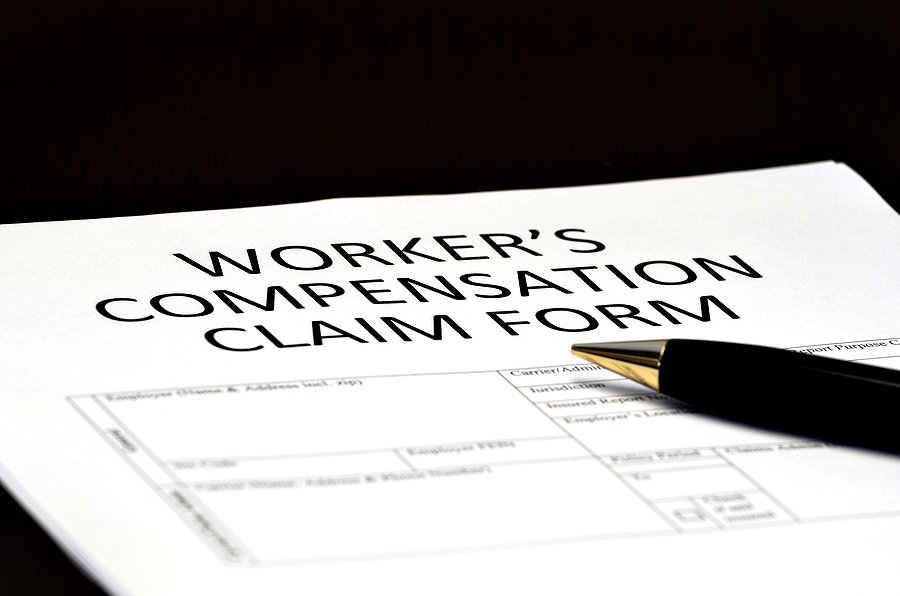A personal injury lawyer in Denver is responsible for investigating the claims of a case, assessing the compensation due, and gathering evidence to represent their client in court.
In broad terms, an attorney will help quantify damages to the affected person or their property and seek legal recompense for those damages. This role is, in many cases, complicated and multifaceted, and the rest of this article will describe the various aspects of being a personal injury attorney.
What Injury Lawyers Do
Table of Contents
Most people have a negative perception of personal injury lawyers, a stereotype perpetuated by modern crime dramas, and, from an outside perspective, most people only recognize these figures in the courtroom; however, lawyers must rely on their knowledge of legal precedent to consider the facts of the case long before they make their public debut.
In fact, the first (and perhaps most important) step for a personal injury attorney is to gather information about the case. Using their knowledge of current laws and legal precedent, injury lawyers consider the facts of the case by employing the following methods:
- Meeting with the client – More often than not, the lawyer’s client is a wellspring of information about the case and establishes a baseline of what happened to who, where, and when.
- Collecting documents – Medical records, police reports, insurance policies, background checks—all of these documents provide insights about the case, helping the personal injury lawyer establish who’s at fault and what the appropriate compensation should be.
- Negotiating – Whether it’s with medical personnel, insurance companies, or expert witnesses, personal injury lawyers are responsible for being their client’s advocate, even when squaring off against unwilling parties.
- Representation – Above all, personal injury lawyers represent the interest of their clients and seek the recovery compensation their client is due.
There is a lot of foreknowledge to be gleaned before a lawyer ever steps foot in a courtroom, and much of that work is hidden from public view.
How Do Personal Injury Lawyers Take on Cases?
Most personal injury laws first work on a contingency fee basis. In other words, they will only charge the client once they’ve secured a settlement or a jury verdict.
It’s almost laughable, in light of this knowledge, that many large personal injury law firms advertise that “you only pay if we win” since nearly all lawyers work on a contingency fee and are extremely shrewd in choosing what cases they will accept.
Investigating a Case
Once a personal injury lawyer has prescreened their client and evaluated the details of the case, they will start the investigation process.
The lawyer acts as a detective of sorts, gathering evidence to support the plaintiff’s claim. With their legal background, personal injury lawyers are well aware of what information is necessary and relevant to establishing fault in the defendant.
This process may include procuring incident reports, obtaining witness statements, and collecting photographs of the damages.
This information is all useful in proving the plaintiff’s claim. In order to outline what a fair compensatory settlement would look like, a personal injury lawyer must also investigate the extent of the damage, including property damage reports to the vehicle or property in question and medical expenses related to treatment.
Haggling with Insurance Companies
Most people don’t realize just how shrewd personal injury lawyers can be, and to hazard a guess, a good deal of that gumption and willingness to debate stems from haggling with insurance companies.
Familiar with their client’s insurance details, a personal injury lawyer can determine the maximum compensation that the client is due based on the circumstances of the case and make claims as necessary to represent the interests of their clients.
Moreover, if the insurance company doesn’t want to shoulder the burden, the injury lawyer will send demand letters on their client’s behalf stating the details of the accident and insisting that the insurance company cover damages caused by the party at fault.
Preparing Pleadings
If the defendant is unwilling to admit fault and the insurance company continues to balk at the prospect of paying out for claims, then the personal injury lawyer will prepare a pleading, which is legal jargon for “You are responsible. Pay up.”
This complaint will also list the amount that the plaintiff is seeking based on the physical and mental damages suffered. Upon receiving this complaint, the defendant generally has 30 days to respond.
Representation
All throughout the investigation and trial process (if the case progresses that far), a good injury lawyer is concerned about representing their client and seeking the best outcome for their case.
This involves reviewing the details of the case with the client, informing them of any new developments in the case, preparing an arbitration statement, which is a compilation of evidence to support the personal claims process, as well as being their mouthpiece and advocate in the courtroom.
Here, the lawyer’s role is to represent the interests of the clients, putting forth claims based on relevant evidence gathered and seeking fair compensation for injuries, damages, or emotional distress.
What Type of Cases Do Personal Injury Lawyers Take on?
Personal injury lawyers handle a wide range of cases, but as a baseline, there must be a negligent party that has caused damages to the prospective client.

The most common example of these cases is a motor vehicle accident caused by a negligent driver, but personal injury lawyers might also tackle the following cases:
- Injury due to negligence by a property owner
- Assault
- Injury caused by a defective product
- Medical malpractice
- Workers’ compensation
Of course, each of these cases has a slightly different process to be followed, and the client’s lawyer might pursue compensation on different grounds.
The Bottom Line
Accident lawyers are misrepresented and oft stereotyped as unscrupulous individuals, when the truth is that they are a staunch and zealous legal advocates for their clients, only accepting cases they believe will result in success and always representing the client’s best interest in the legal battlefield that is the courtroom.
Image Source: BigStockPhoto.com (Licensed)
Site Disclaimer
The Content in this post and on this site is for informational and entertainment purposes only. You should not construe any such information or other material as legal, tax, investment, financial, or other advice. Nothing contained on our Site constitutes a solicitation, recommendation, endorsement, or offer by HII or any third party service provider to buy or sell any securities or other financial instruments.
Nothing in this post or on this site constitutes professional and/or financial advice. You alone assume the sole responsibility of evaluating the merits and risks associated with the use of any information or other content in this post or on this site.
You recognize that when making investments, an investor may get back less than the amount invested. Information on past performance, where given, is not necessarily a guide to future performance.
Related Categories: Legal, Reviews







